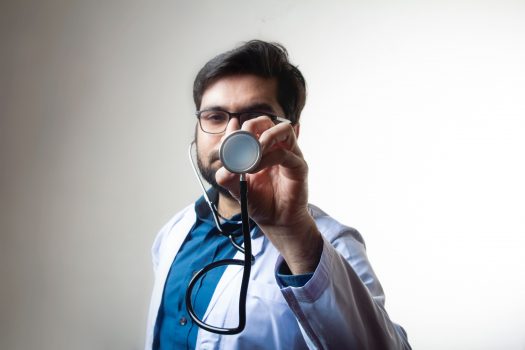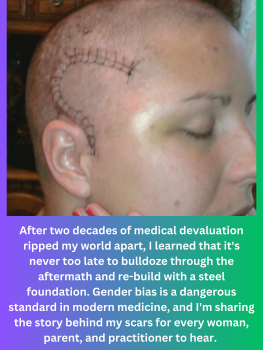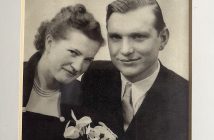From pain to chronic conditions, studies show a long-standing trend of doctors not taking female patients’ medical concerns seriously. A 2023 Washington Post article cites statistics and firsthand accounts of women whose heart conditions were initially misdiagnosed as mental illness, labor pains ignored, and as I can personally attest, brain tumor symptoms dismissed as dramatic behavior. This international phenomenon colloquially known as medical misogyny furthers an already strained relationship between medical providers and patients. The blatant disregard wreaks havoc on all aspects of the lives of the women who are dismissed while their male counterparts receive the treatment both genders need.
I have been blessed with a wonderful family who provided an idyllic childhood, but there are a handful of memories I would gladly part with surrounding bizarre neurological episodes, and the fight to be taken seriously. Medical professionals’ eyes glazed over when I described the late-night tingling sensations that tore through my body in cold sweats, replacing reality with a terrifying carnival of déjà vu that left me paralyzed by fear in the moments before the world faded to black.
Pediatricians assured my parents that these harmless nightmares were common in children with attention deficit/hyperactivity disorder, but when their substantially increased intensity paralyzed me one harrowing evening at my after-school job. Frightened coworkers urged me to re-visit my doctor after watching my eyes roll back in my head as I stood motionless and non-responsive.

One decade, two car accidents, and many demands for a referral to a neurologist later, my doctors finally agreed to stop throwing Xanax at the problem and obliged my requests for further examination. The nervous year that followed was filled with multitudes of magnetic resonance imaging, electroencephalograms, and positron emission tomography scans. The results unearthed medical conditions that destroyed the upward trajectory of my promising 26-year-old personal and professional life.
Armed with temporal lobe epilepsy and childhood brain tumor diagnoses, I underwent a tumultuous series of failed antiepileptic drugs, visits with specialists, and countless weeks chained to my bed by electrodes in Cleveland Clinic’s epilepsy monitoring unit. After two neurosurgeries, feelings of isolation and anger drove me to online support groups in an attempt to better understand how this happened. Connecting with others, I learned of a long standing gender bias in Western medicine.
Medical misogyny occurs when doctors misdiagnose symptoms, and overprescribe ineffective medications. They trivialize symptoms reported by girls and women, sending lives into a tailspin without proper treatment. I was particularly troubled when I learned of a female neurologist whose experience nearly mirrored mine as her own brain tumor went undiagnosed on account of providers refusing to perform an MRI.

Equally disturbing are the instances of women whose heart conditions were initially treated with antidepressant medication. Statistics showed that women receive diagnoses later in life than their male counterparts. As comforting as it would be to offer proof of emerging solutions, the fact that these views and behaviors date back to ancient philosophy doesn’t offer much hope for the foreseeable future. The silver lining to this dark cloud is that I was blessed with job security and healthcare benefits that footed the bill for the nearly million-dollar temporal lobectomy and tumor excision. This finally freed me from medication resistant epileptic seizures and panic attacks. To that end, though ongoing post-surgical neurogenesis has left me a rare sleep disorder. Knowing that many others currently are or will someday be facing this same shame-filled reality brings a sense of empathy that I would otherwise never know.
As the exhaustion of faking functional for employers, coworkers, acquaintances, family members, and online classmates takes its toll in particularly high-pressure settings, I share this in the hopes that my story may be a lifeline of sorts for others sinking underneath the weight of their own misdiagnoses, missed diagnoses, dismissed concerns, and debilitating symptoms. I believe that all struggles serve a purpose, and the thought that mine may offer even a modicum of hope, validation, or education is a victory that makes every battle worth the fight, and reminds me that I am not an army of one.





